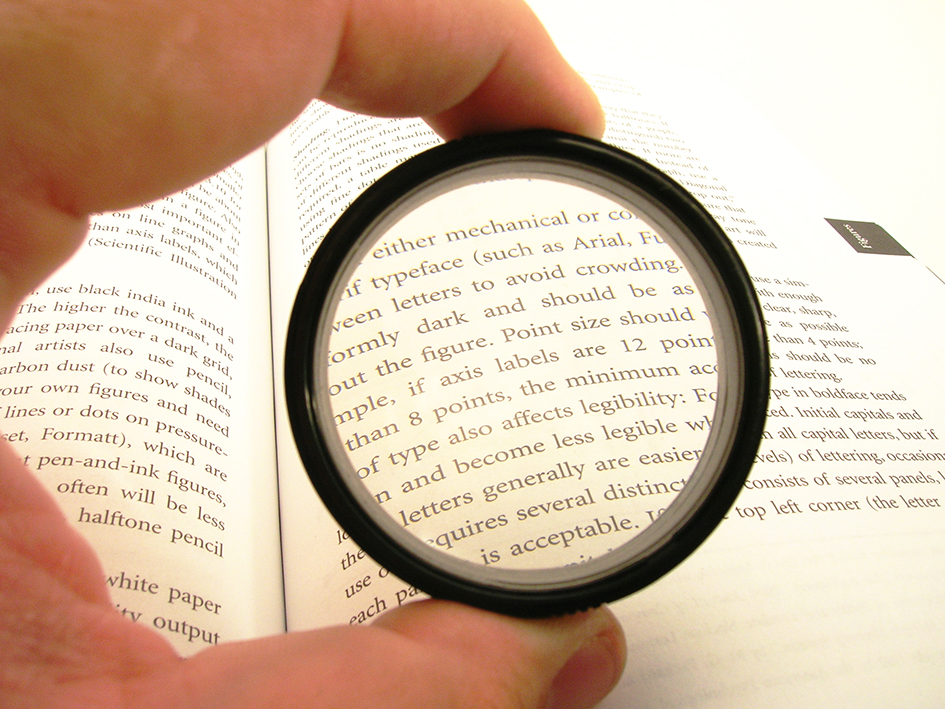and the 10k Rule (PART 3)
BY DR SUNDARDAS D ANNAMALAY
Experience depends on how we invest psychic energy – on the structures
to goals and intentions. These processes are connected to each other by
the self or the dynamic mental representation we have of the entire
system of our goals.
Every piece of information gets evaluated for its bearing on self.
- Does it threaten your goals?
- Does it support them?
- Is it neutral?
What is the meaning we have assigned to this information?
How does someone committed to continuous learning and growth handle his responses regardless of whether he is a factory operator or a brain surgeon?
He will ask himself the following questions:
- How can I beat my record?
- How can I improve my performance?
- He would work out painstaking moves on his routine and how to use his tools.
Thoughts, intentions, feelings and all the senses are focused on the same goal. Experience is in harmony. And when the flow episode is over, one feels more in harmony than before not only internally but also with respect to other people and to the world in general.
When you only have the differentiated self-great accomplishments often with self-centred egotism.
When you have a self based on integration you can be connected and secure but lack autonomous individuality.Paradoxically when you act freely for the sake of the action itself rather than for ulterior motives that you learn to become more than what you were.
While much effort has been devoted to 10k rule as the forerunner of future success, no one has really paid attention to why an individual would spend so much of their time in developing those skill sets.
If the young person pursues this endeavour purely for the enjoyment they get from excelling, you get enduring world class performance.
If not, you get a well-trained competitor who does it for pure external gratification.
Witness the tale of two Olympic champions Joseph Schooling and Li Jiawei.
Joseph’s father remembered an episode when Schooling was just 8 years old. He woke his father up at 4am. The father asked him if he knew what time it was. He replied yes. He just couldn’t wait for his father to bring him for his morning swimming practice. Such was the determination of Schooling, wanting to swim and wanting to excel in swimming from a very young age.
The American Junior Academy of Sciences which consisted of the highest IQ youngsters in America had a disproportionately low number of Nobel Laureates.
Let me tie it all back with the ongoing discussion I have had with D’Niel Strauss and Raymond Ng.
The layers of learning and growth:
1) Unconscious incompetence
2) Conscious incompetence
3) Conscious competence
4) Unconscious competence
5) Reflective competence
The levels of growth:
1) Novice
2) Apprentice
3) Craftsman
4) Master
5) Grandmaster
The above levels correspond to your capacity to grow, to self- actualise and your desire to increase your personal quota of meaning, purpose and happiness. The journey whether you get there or not is what matters. If you want to succeed and be happy, you need to ascend the scale of ability. You have to become more complex.


